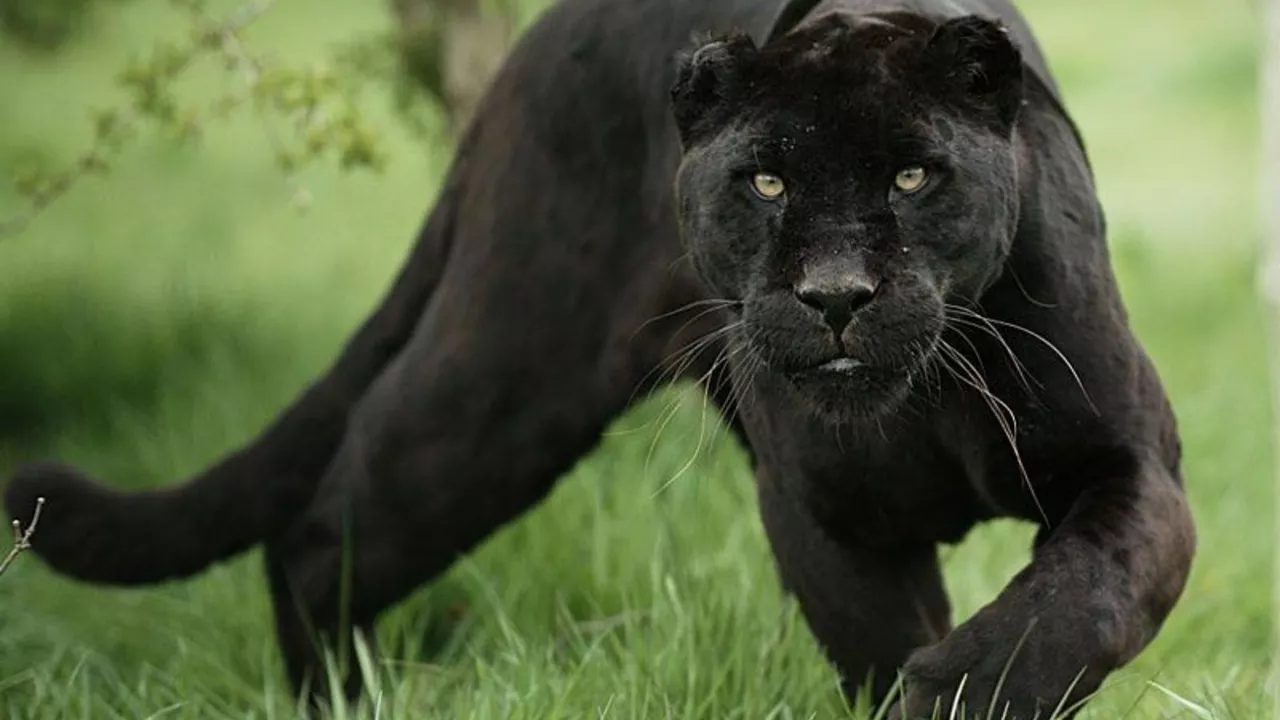Understanding the Black Panther
Before we delve into the reasons why black panthers are going extinct, it’s crucial to have a clear understanding of what these animals are. Black panthers are not a specific species. The term ‘black panther’ is used to describe any large cat with a black coat, caused by a genetic condition known as melanism. This can occur in leopards, found in Asia and Africa, and jaguars, found in the Americas. These black cats are the same species as the 'regular' colored big cats, but they have a different color.
The black panther is an apex predator, meaning it sits at the top of the food chain. It plays a vital role in maintaining the balance of ecosystems by controlling the population of other animals. However, despite their power and strength, these magnificent creatures face a real threat of extinction.
The Threat of Habitat Loss
One of the main reasons why black panthers are going extinct is the loss of their natural habitat. With increasing urbanization and deforestation, these animals are losing the homes they've known for centuries. Forests are being cut down to make way for agricultural land, roads, and human settlements, leaving the panthers with less and less space to live and hunt.
As their habitats shrink, black panthers are forced to move closer to human settlements, where they are often viewed as a threat and hunted. Also, due to the decreased availability of prey in their reduced habitats, they are forced to prey on livestock, which further increases human-wildlife conflict.
Poaching and Illegal Wildlife Trade
Another significant threat to the survival of black panthers is poaching and illegal wildlife trade. Because of their unique and striking appearance, black panthers are highly prized in the illegal pet trade. Their skins are also sought after for their perceived value in the fashion industry.
Despite laws and regulations designed to protect these animals, the enforcement of these laws is often weak and ineffective. This, coupled with high demand in illegal markets, makes poaching a highly lucrative business, encouraging more people to participate in this illegal activity.
Climate Change and Its Impact
Climate change is another factor contributing to the extinction of black panthers. Rising temperatures and changing weather patterns can lead to changes in the habitats that these animals rely on. These changes can affect the availability of prey and even lead to increased vulnerability to diseases.
In addition, extreme weather events such as hurricanes and floods, which are becoming more frequent due to climate change, can destroy habitats and kill or displace large numbers of these animals.
Genetic Factors
The fact that black panthers are the result of a rare genetic mutation also contributes to their declining numbers. Since only a small percentage of leopards and jaguars are born with this mutation, the gene pool is already limited. This, coupled with the threats from habitat loss, poaching, and climate change, makes it even harder for the black panther population to recover.
Moreover, inbreeding can occur due to the small population size, leading to genetic disorders that further threaten the survival of these animals.
Conservation Efforts and What You Can Do
Several conservation organizations across the world are working tirelessly to protect and preserve black panthers. These organizations focus on protecting the panthers' natural habitats, enforcing laws against poaching and illegal trade, and raising awareness about the importance of these animals to our ecosystems.
But we can all do our part to help save black panthers from extinction. By supporting conservation organizations, advocating for stronger wildlife protection laws, and educating others about the threats these animals face, we can make a difference. Remember, every action counts in the fight to save these magnificent creatures.
